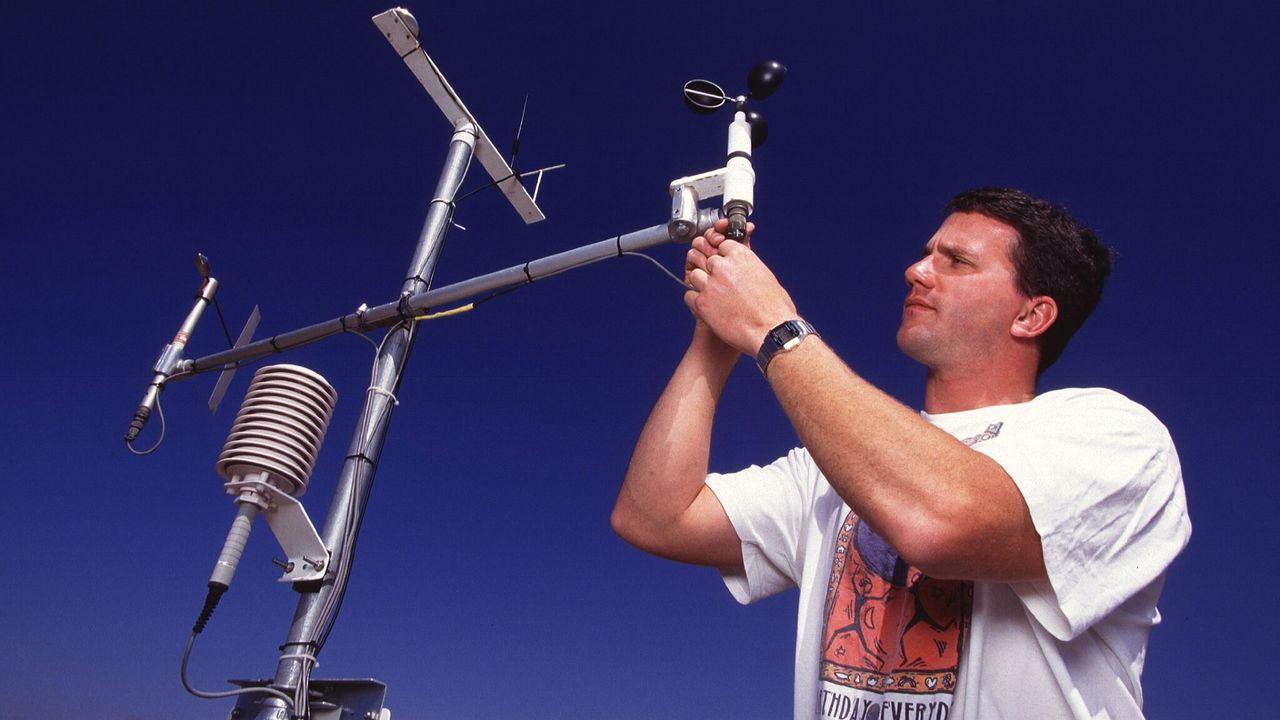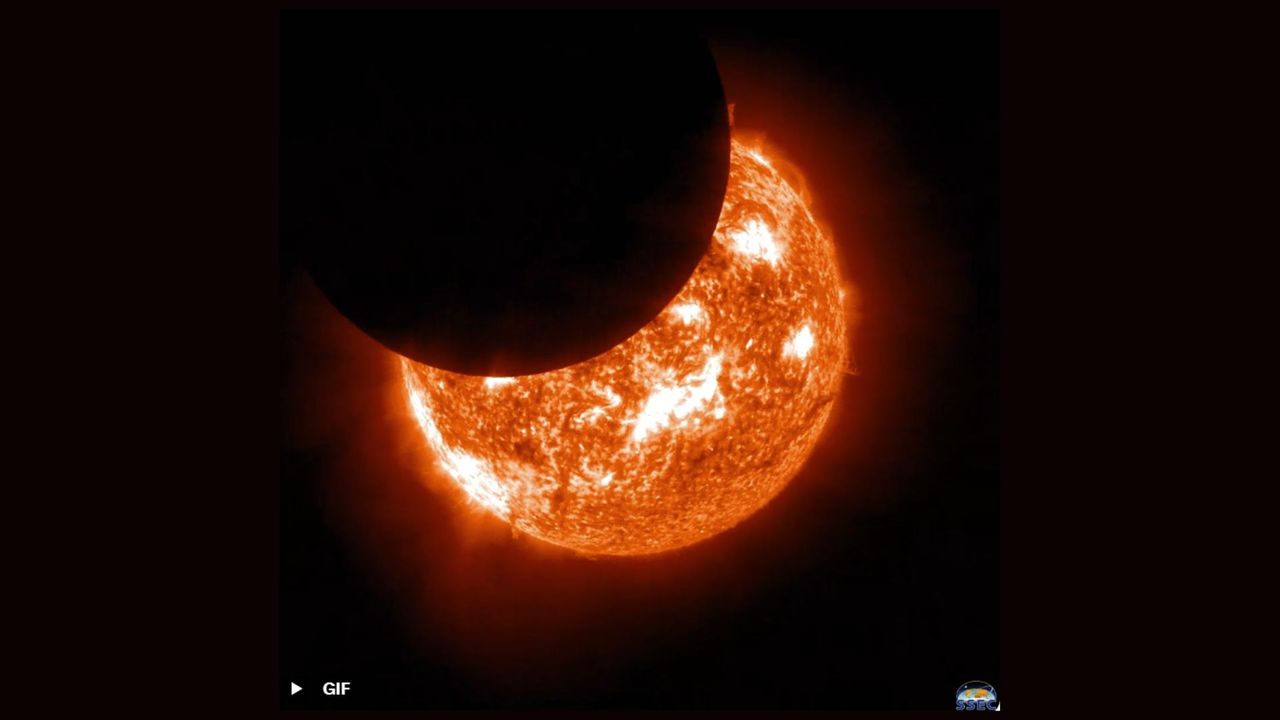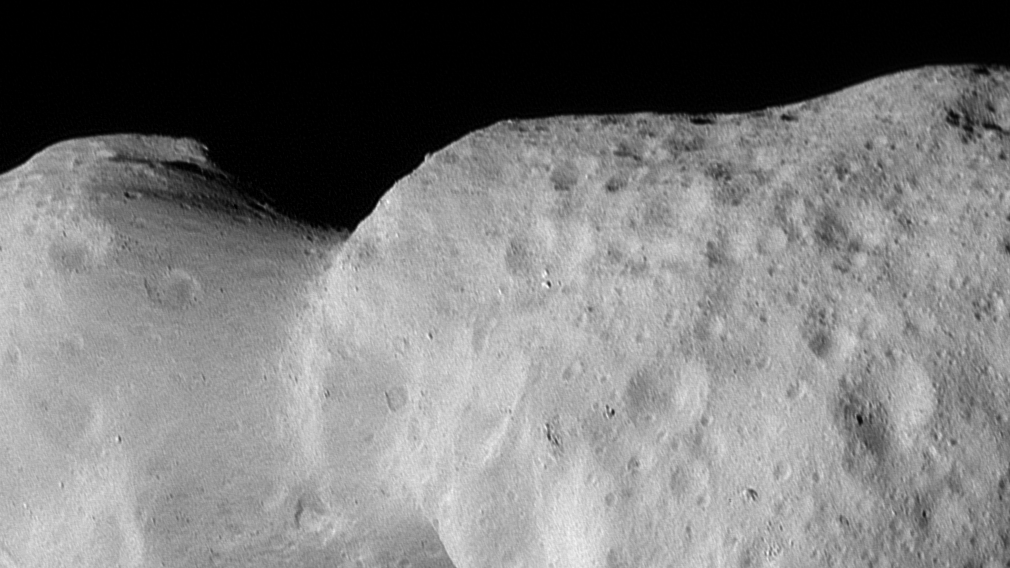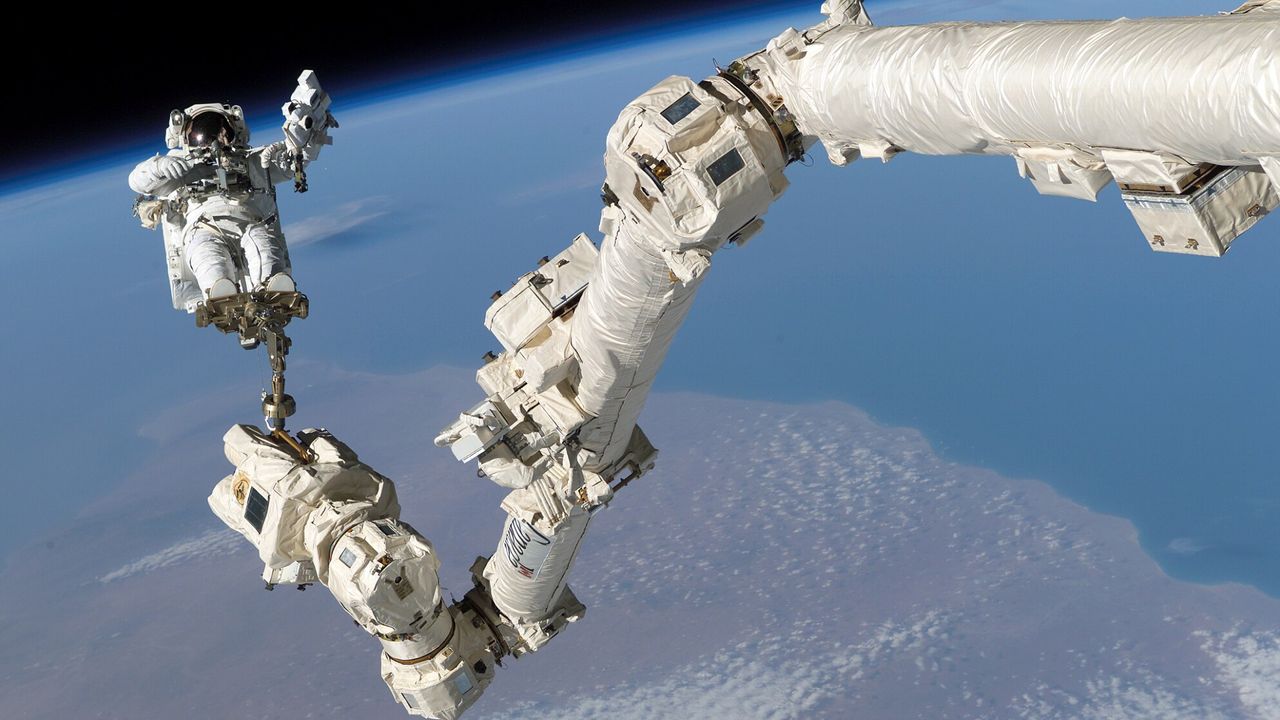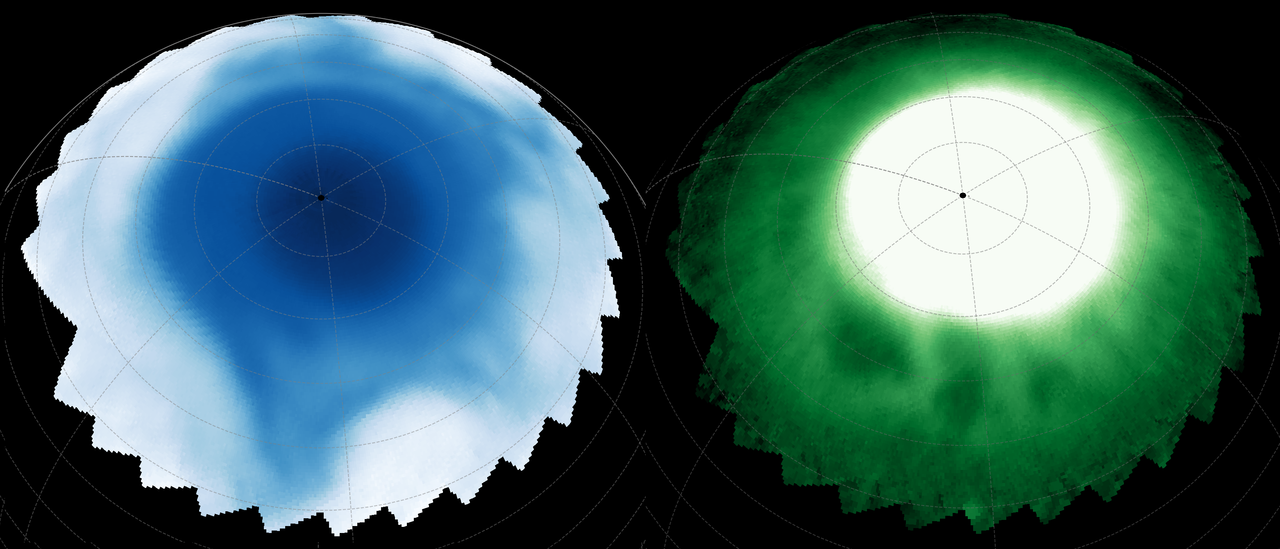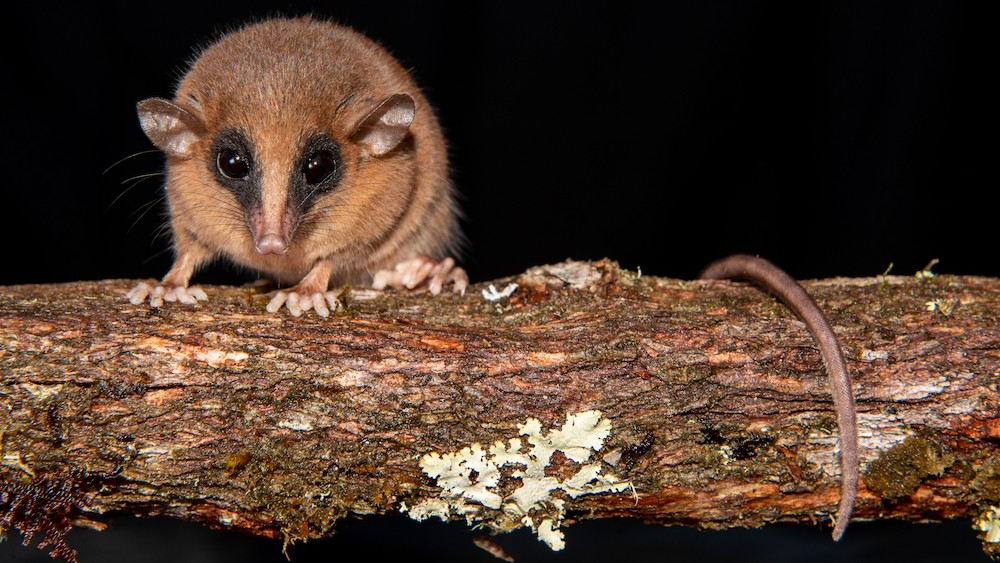AIs in Space: From partners in pioneering to the children of humanity (op-ed)
PositiveScience
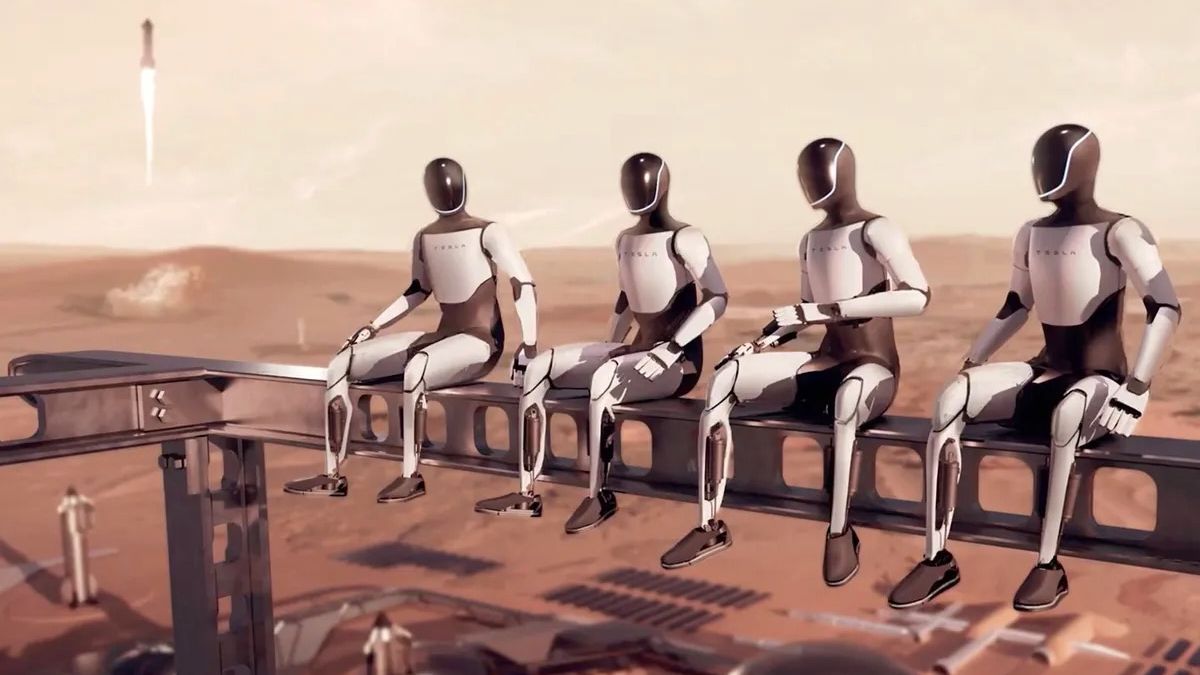
In a thought-provoking op-ed, the author explores the potential of artificial intelligence as a collaborative partner in space exploration rather than a threat, as often depicted in films like 'The Terminator.' This perspective is significant as it encourages a more optimistic view of AI's role in humanity's future, suggesting that these technologies could enhance our capabilities and even become integral to our identity as we venture into the cosmos.
— Curated by the World Pulse Now AI Editorial System

